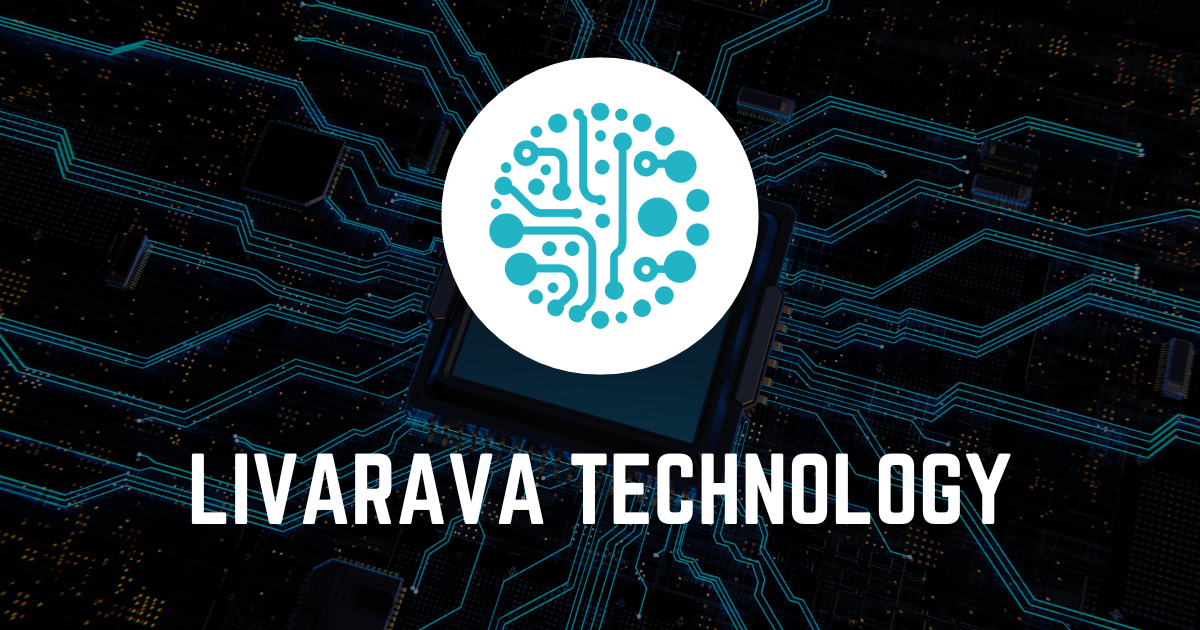The Impact of AI on Educational Inequality

AI's Role in Education
As students across the Pittsburgh area gear up for a new academic year, the potential of artificial intelligence in the classroom is a hot topic. Many believe that AI can enhance learning experiences, but it also has significant downsides.
The Widening Digital Divide
- Access to Resources: Not all students have equal access to AI technologies.
- Digital Literacy: Disparities in tech skills can lead to unequal educational outcomes.
- Infrastructure Challenges: Schools may lack the necessary tools to implement AI effectively.
The growing presence of AI in education raises concerns about inequity. If left unaddressed, these issues could result in a widening digital divide that hinders educational advancement for many.
This article was prepared using information from open sources in accordance with the principles of Ethical Policy. The editorial team is not responsible for absolute accuracy, as it relies on data from the sources referenced.